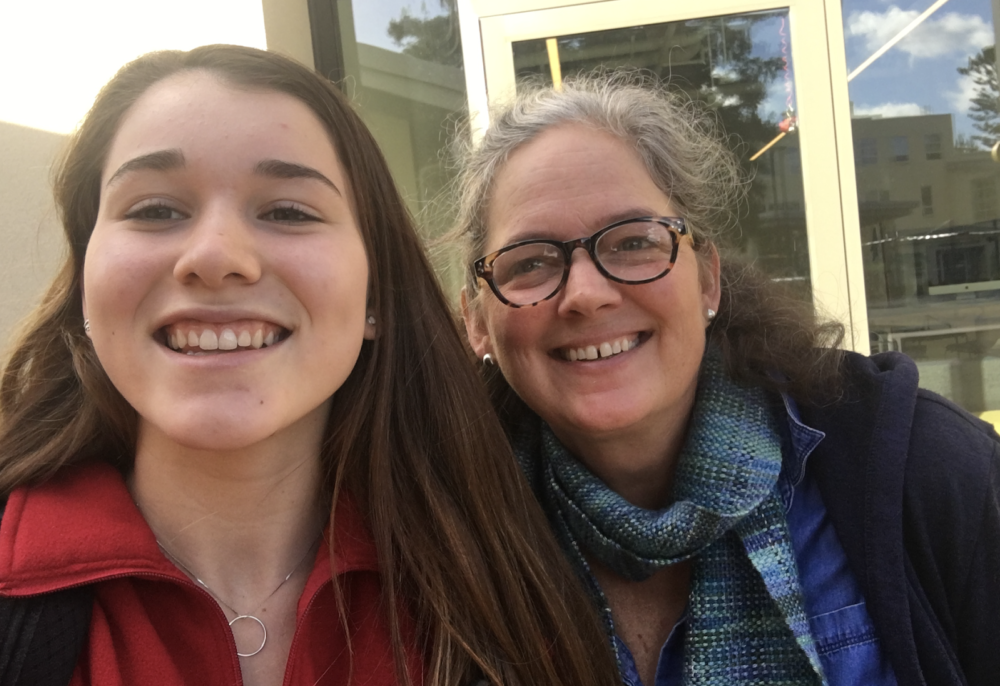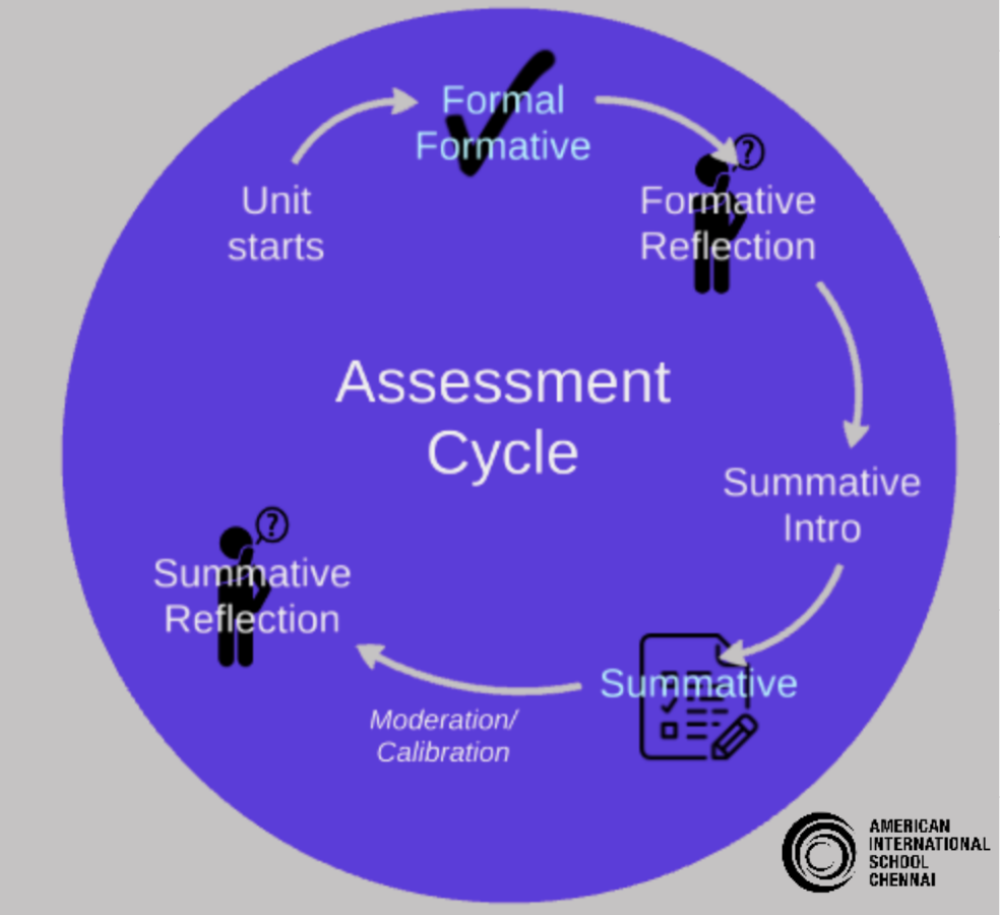How Schools Take a Data-Driven Learning Approach
Using the Information We Have to Establish an Effective, Action-Oriented School Network
It seems like everyone in education is talking about data.
Fostered by technology, machine learning, and an increasing desire to personalize learning, data’s popularity is no surprise. However, it’s important to remember that data’s value should be measured by our ability to act on it. We can collect all of the data in the world, but if we’re only using it passively, it offers little value to students. Successfully using a data-driven learning approach doesn’t necessarily take integrated systems and a data science degree, but it does demand a precise mindset and skills to develop data-based actions that become habits. In this simple way, we can begin using data to support student learning.
At GOA we see this happening both in our classes and across our consortium.
Technology has enabled us to understand more about how students approach curriculum, but we still need humans to create systems that facilitate acting on that data in a way that drives learning. Share on Twitter →
Combining Real People & Real Data to Serve Students
At GOA, data helps us keep site directors across 78 different campuses informed. Thankfully, our LMS (Canvas) is full of data that help signal students’ progress. But data locked inside of a LMS isn’t helpful in supporting students. It was necessary for us, as a team, to identify the strongest signals available and then get them to our site directors. Conceding that even the best data from Canvas doesn’t necessarily paint a clear picture of learning, we identified the best available metrics as current average, missing assignments, and last activity. Using the Canvas API, we developed weekly reports that we send by email to each site director. While GOA creates and delivers reports, we still rely on our site directors to do the most important thing: act on the data.

Courtesy of Katie Miller
Menlo School & GOA: Actionable Data to Support a School Network
Enter people like Katie Miller, GOA Site Director and Instructional Technology Specialist at Menlo School. Katie supports around 40 Menlo students taking GOA classes each year. Each week, when Katie gets the report, she takes routine action by emailing the report data directly to the student.
According to her, “I think this lets them know there are a system and a small group of people who are keeping an eye on them.” This habitual action, combined with a less formal but very important word when she sees the student on campus, helps Katie manage student support by intervening before things slide too far. “I rely on the reports because I would not always get to reviewing their status otherwise. I like that the reports catch students earlier, perhaps when they are merely drifting and not quite sideways.”
American International School Chennai Turns Data Into Action
Schools have always used grades and teacher feedback as data that informs student progress. The sobering reality, however, is that for all of the data students receive as teacher feedback, very little is ever acted upon. We know from research that when feedback is ongoing, actionable, and applied, it drives student learning. Creating time for this type of feedback system is imperative in order for students to process and apply the data they get from teachers.
Enter schools like GOA member American International School Chennai (AISC). Driven by the adoption of competency-based learning at AISC, the school has adopted a formal Assessment Reflection Cycle.

Courtesy of American International School Chennai
Doubling Down On Data-Driven Learning & Student-Teacher Interaction
Moreover, to enrich these reflection points, the school is investing in training that helps teachers engage students with meditative questions that facilitate reflective conversations. This has resulted in a “Calibrating Conversation Map” that guides teachers and offers sample questions.

Courtesy of American International School Chennai
The teacher support AISC has put in place was so well received that teachers have asked for even more meditative questions to use with each other and with students. All of this is intended to arm students with a process to use feedback data. No longer are we simply foisting countless data points upon students without helping them see and pursue clear pathways and systems for using that data to drive their learning.
The Take-Home: You Don’t Need Advanced Analytics, Just a Focus on Action & Detail
Both of these examples rest on systems and habits that ensure data is proactively and intentionally used. Neither requires advanced data analysis or dedicated staff. The differentiator here is an action-oriented and intentional approach.
How do you or your school take an action-oriented approach to data? Share your ideas with us on Twitter or Contact Us. Join our email list to stay up to date with the latest from GOA.
